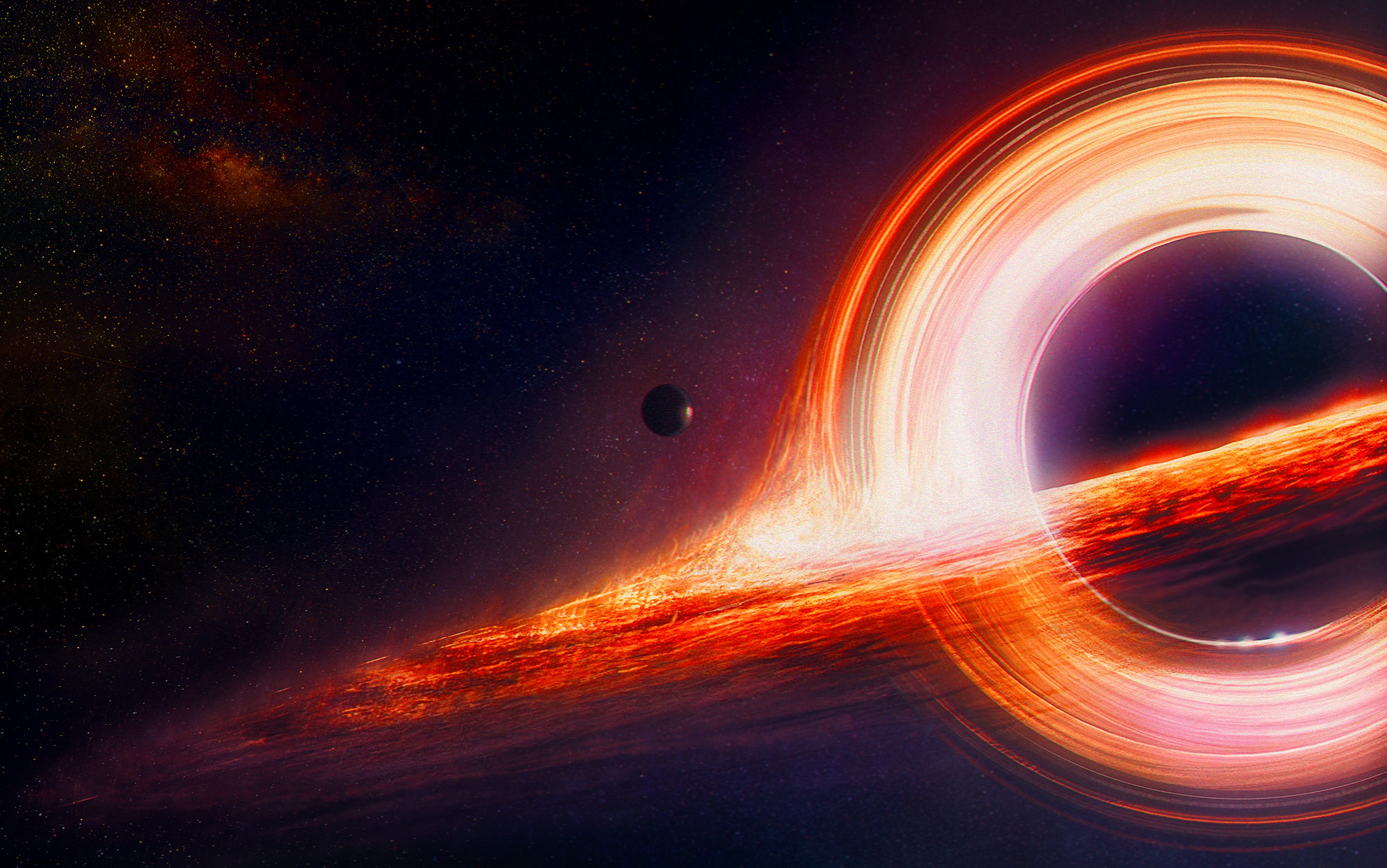Why Black Holes are Important for Life in the Universe?
Black holes are some of the most fascinating objects in the universe, and their importance extends far beyond their role as mysterious objects of scientific study. In fact, black holes play a crucial role in the formation and evolution of galaxies, which are the cosmic environments where life as we know it can exist.
One way that black holes are important for life in the universe is through their role in the life cycle of stars. When a massive star reaches the end of its life, it collapses under the weight of its own gravity, forming a black hole. This process releases an enormous amount of energy in the form of light and heat, which can trigger the formation of new stars and planets. Without this process, the universe would be devoid of the raw materials necessary for the creation of new solar systems.
Black holes also play a key role in the evolution of galaxies. The supermassive black holes found at the center of most galaxies can have a profound influence on the behavior of the stars and gas surrounding them. These black holes can draw in matter from their surroundings, forming a disk of gas and dust that can heat up to millions of degrees. This process releases huge amounts of energy in the form of radiation, which can help to regulate the growth and evolution of the galaxy.
In addition to their role in the formation and evolution of galaxies, black holes can also serve as probes of the universe's early history. By studying the properties of black holes, scientists can learn more about the conditions that existed in the early universe, which can help to shed light on the evolution of the cosmos.
Overall, black holes are an essential component of the universe, and their importance extends far beyond the realm of scientific curiosity. By understanding more about these mysterious objects, we can gain a deeper appreciation for the role they play in the cosmic ecosystem and the ways in which they shape the evolution of the universe.





